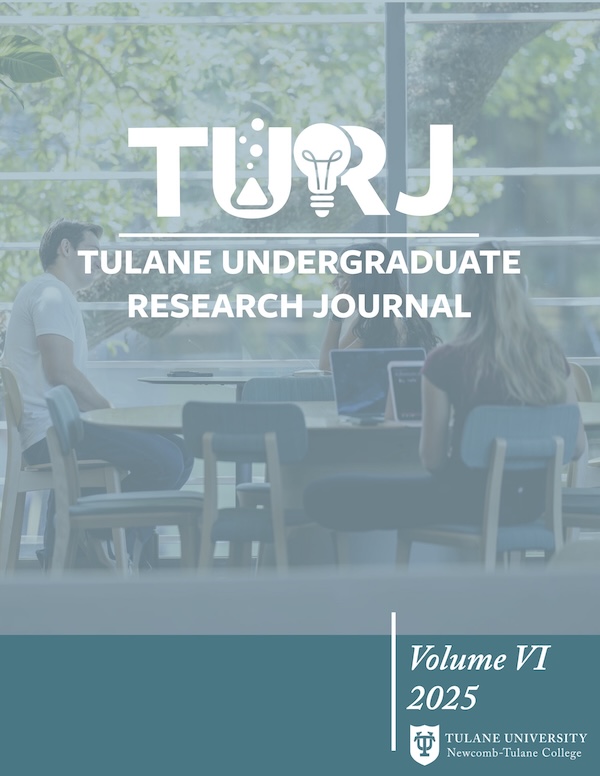Tariff Reform in U.S.-occupied Cuba (1898-1902): A Prize Greater Than Sugar
Abstract
When discussing tariffs in the 1890s and early 1900s, current newspapers seem to reflect the biases in the available scholarship. That is, even as they intend to warn of the consequences of imperialism, their discussion of tariffs does not go beyond brief mentions of the well-known Tariff Acts of 1890 and 1897 (known as the McKinley and Dingley Tariffs, respectively). Seeking to reveal a more complete story of the role of tariffs in the expansion of American Empire, this paper analyzes the processes whereby the United States occupied Cuba and captured the island’s trade, removing European powers from their position as Cuba’s main suppliers. I argue that using military expediency as a justification, the U.S. government carried out the revamping of the Cuban tariff system to consolidate itself as the primary beneficiary. This study traces a variety of goods that eventually came to be supplied by the United States during the occupation.
Downloads
Downloads
Published
Issue
Section
License
Copyright (c) 2025 Cristian Toro Meza

This work is licensed under a Creative Commons Attribution-NonCommercial-NoDerivatives 4.0 International License.
Tulane Undergraduate Research Journal is an open-access journal, so articles will be released under a Creative Commons Attribution-Noncommercial-NoDerivs CC-BY-NC-ND 3.0 Unported license, allowing the free dissemination of the work for noncommercial purposes. Authors retain copyright to the work and grant the journal right of first publication with the work simultaneously licensed under the Creative CommonsAttribution-NonCommercial-NoDerivs 3.0 Unported (CC BY-NC-ND 3.0) [see http://creativecommons.org/licenses/by-nc-nd/3.0/legalcode]; authors further grant the journal a waiver of clause 4(b) [restriction against commercial advantage or private monetary compensation]. If the journal rejects the work, the journal simultaneously waives the granted right of first publication.



